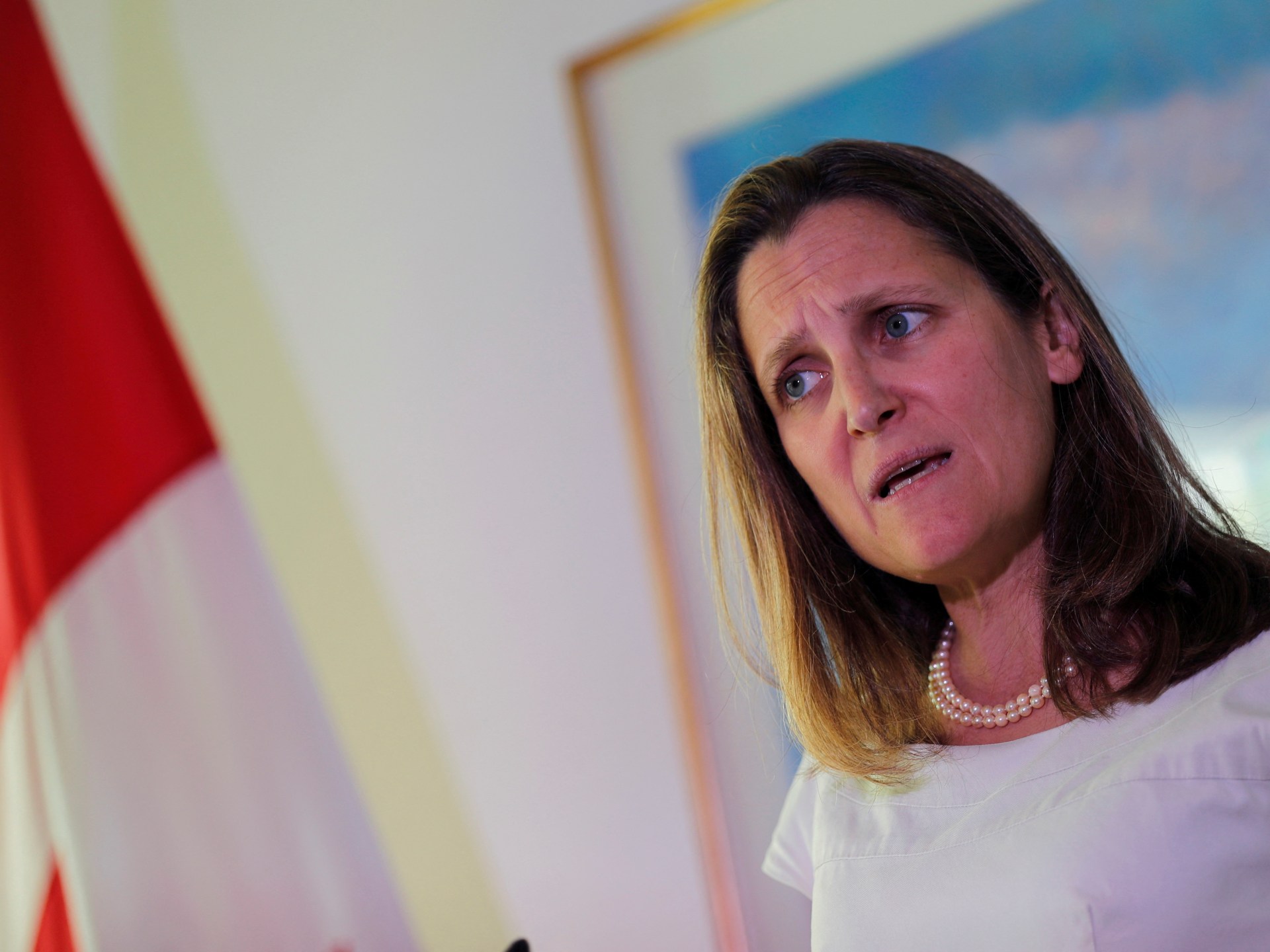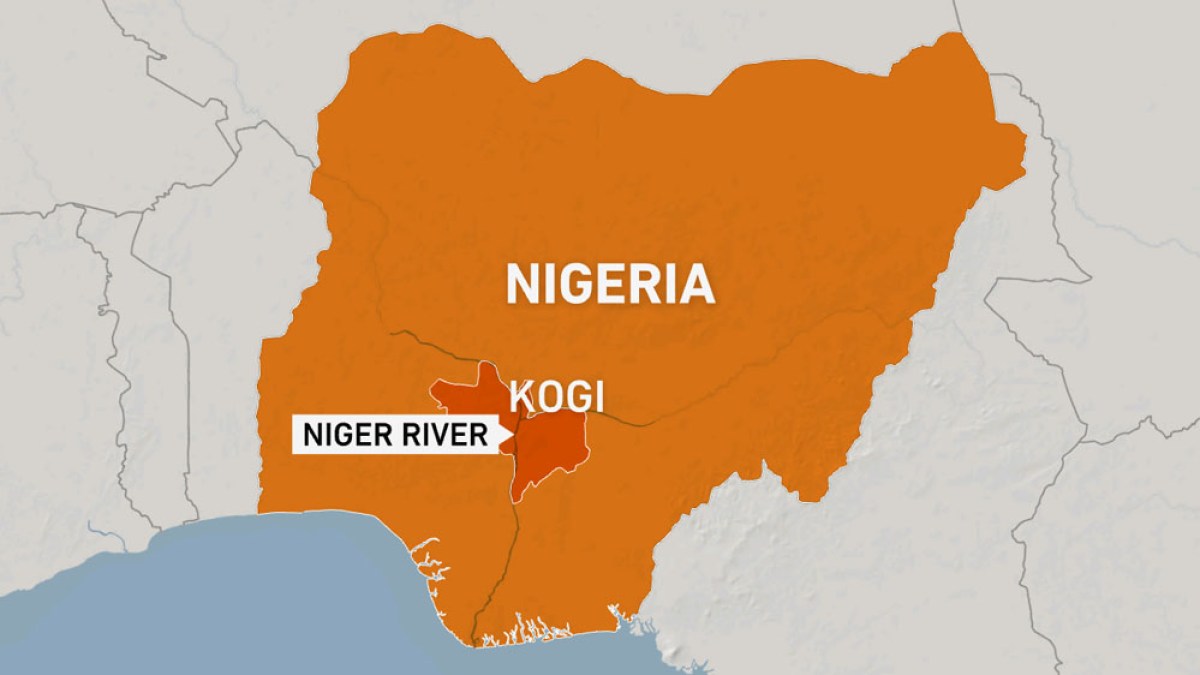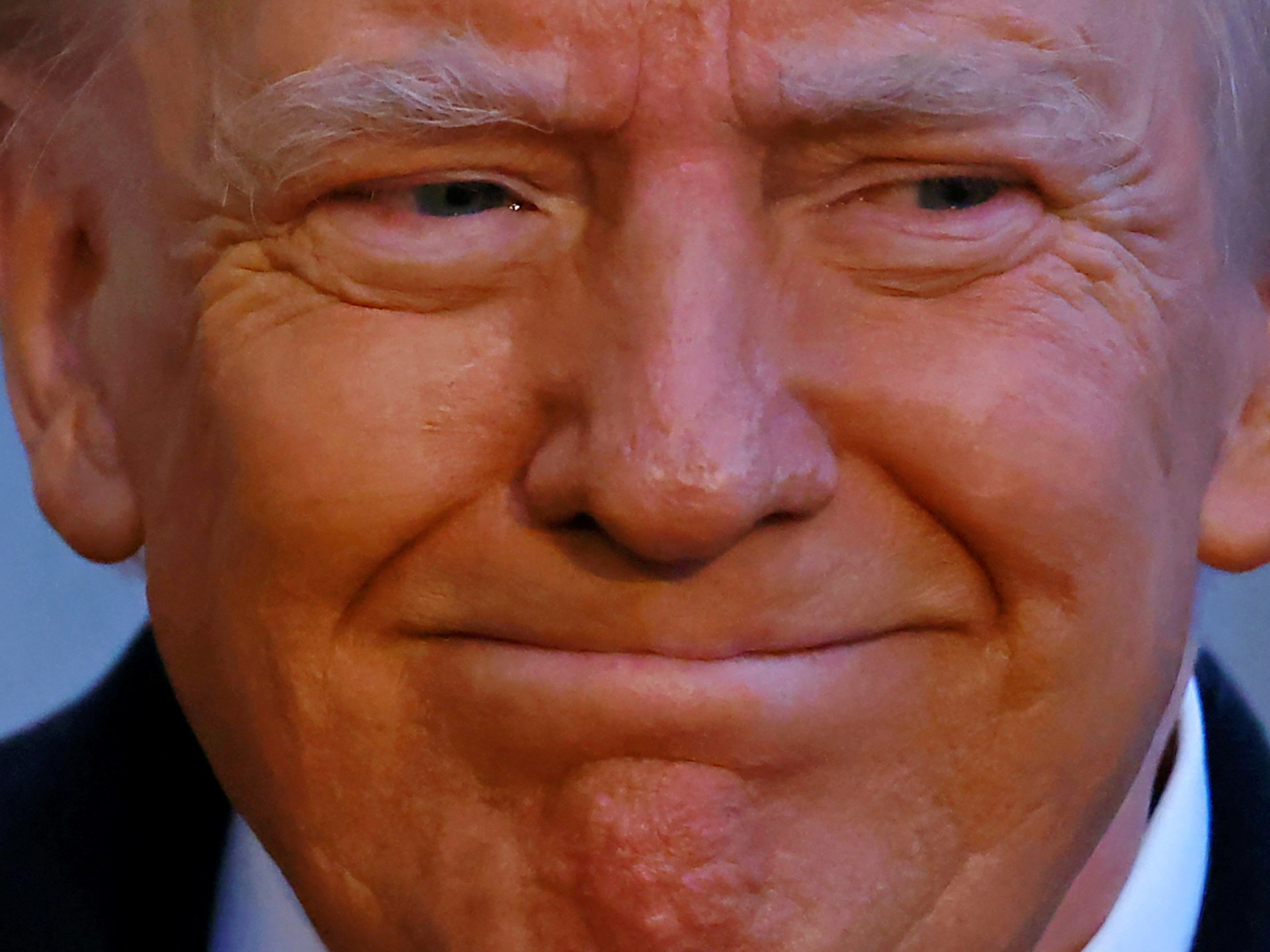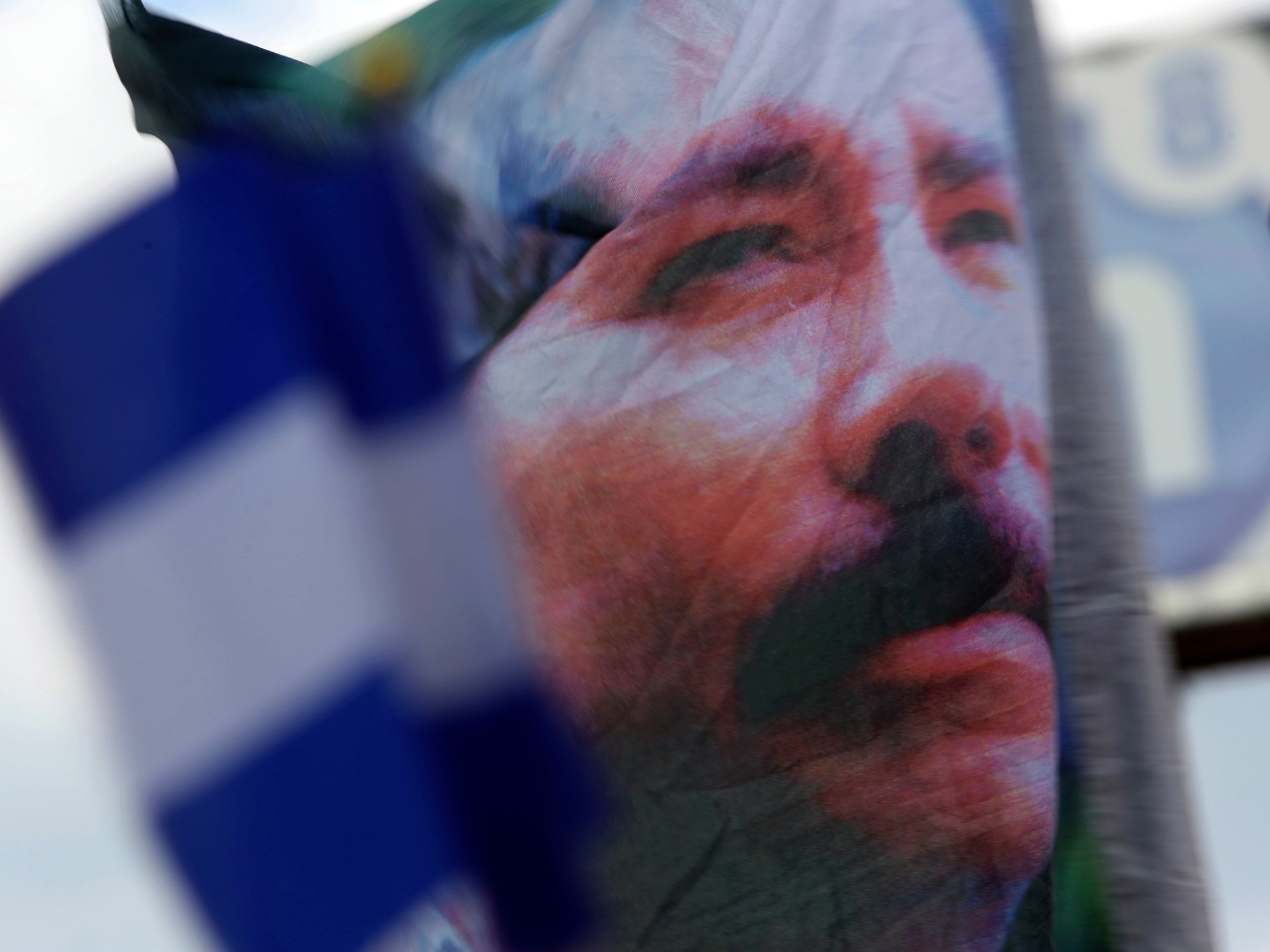Canada finance minister resigns as PM Trudeau grapples with new Trump term
 16 December 2024
16 December 2024


Canada’s Finance Minister Chrystia Freeland has resigned in a blow to Prime Minister Justin Trudeau, who is facing declining approval ratings and opposition from within his own party, as well as the prospect of a trade war with the United States.
In her resignation letter, which was posted on X on Monday, Freeland revealed that Trudeau had informed her last week that he no longer wanted her to serve in the role and would instead offer her another cabinet position.
“Upon reflection, I have concluded that the only honest and viable path is for me to resign from the cabinet,” Freeland wrote.
“For the past number of weeks, you and I have found ourselves at odds about the best path forward for Canada,” she continued.
Trudeau did not immediately respond to the resignation, which comes just days after he met with Canada’s provincial leaders to outline his plans to respond to threats of a trade war with US President-elect Donald Trump, who takes office on January 20.
Trump has vowed to impose 25 percent tariffs on goods from Canada and Mexico if the neighbouring countries do not stop what he called an “invasion” of undocumented migrants and drugs.
Advertisement
The Trudeau government has reportedly been developing plans to invest in increased border security and monitoring in response, but has faced mounting pressure to take a harder line on Trump.
The government was set to further present details of the border plan to the Parliament of Canada on Monday, in an economic update that was to be delivered by Freeland.
A former journalist, Freeland also served as deputy prime minister since 2019. In her resignation letter, she said she disagreed with how the government was approaching policy towards its southern neighbour.
“Our country today faces a grave challenge,” she said, describing Trump’s threat as “aggressive economic nationalism”.
“We need to take that threat extremely seriously,” she continued.
“That means keeping our fiscal powder dry today, so we have the reserves we may need for a coming tariff war. That means eschewing costly political gimmicks, which we can ill afford and which make Canadians doubt that we recognise the gravity of the moment.”
In another blow to Trudeau, Housing Minister Sean Fraser also announced on Monday that he would not seek re-election.
The updates come as Trudeau’s Liberal Party has been preparing for elections which must be held before the end of October next year. Trudeau has said he plans to stay at the party’s helm.
Because Liberals do not hold an outright majority, if the allied New Democratic Party were to pull its support, this would trigger a new election at any time.
Advertisement
Meanwhile, Trump’s victory has driven home concerns that Canada could be subject to global anti-incumbency trends that could see the Conservative Party, led by populist Pierre Poilievre, take power for the first time since 2015.
After nearly a decade in power, Trudeau in September saw his approval rating dip to just 33 percent.
He has continued to face criticism over high consumer and housing costs, the legacy of his government’s response to the COVID-19 pandemic, and most recently, his handling of Trump.
The US president-elect and his allies have further helped to colour public perception with their regular ridiculing of Trudeau. Most recently, Trump referred to the prime minister as the “governor” of a “great state”.
That came shortly after Trudeau, who had visited Trump’s Mar-a-Lago estate in Florida, the US last month in an effort to mend ties, said that Canada would “respond to unfair tariffs in a number of ways”.
Trudeau’s government had previously enacted retaliatory tariffs after Trump imposed tariffs on Canadian steel and aluminium during his first term.
The tariffs were eventually lifted by both countries.
Related News

At least 27 dead after boat capsizes in Nigeria

‘Not our fight’: President-elect Trump distances US from Syria’s conflict

Mangione charged with ‘act of terrorism’ in UnitedHealthcare CEO killing

